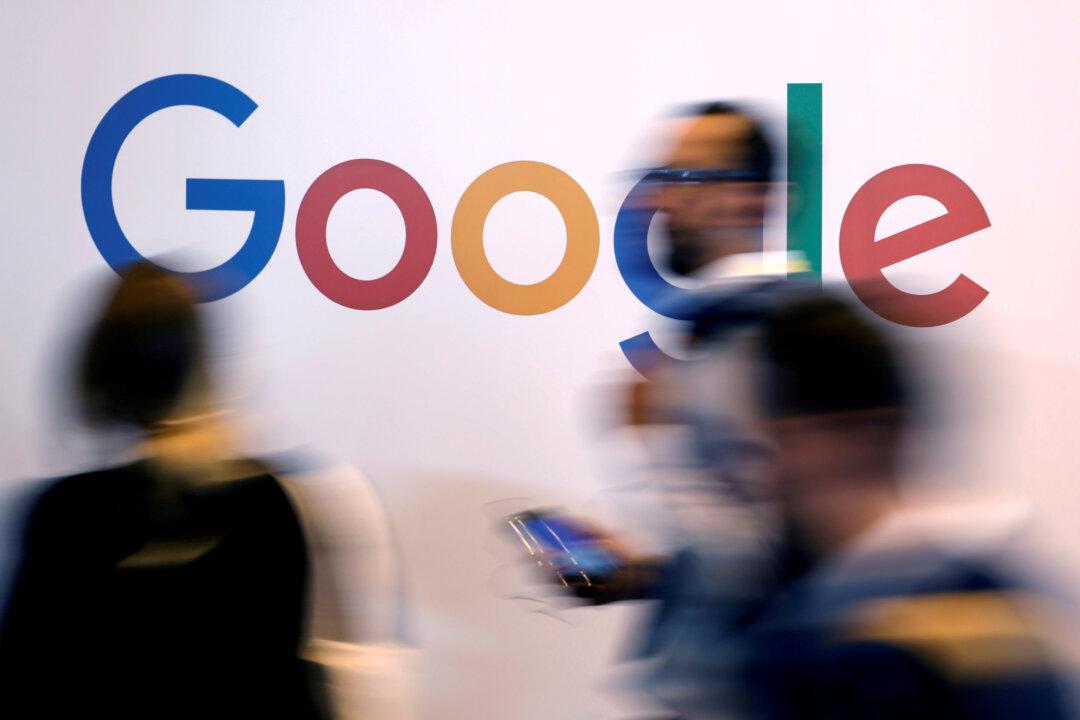Google employees may have acted on their political biases, as indicated by internal emails obtained by The Wall Street Journal that found staff brainstorming and discussing methods to tweak the company’s search-related functions as a counter to President Donald Trump’s 2017 travel ban.
Staff discussed modifying results to guide users toward sites on how to contribute to pro-immigration organizations or contact lawmakers and government agencies. The email chains included other suggestions about using the company’s resources to “actively counter” the travel ban.





